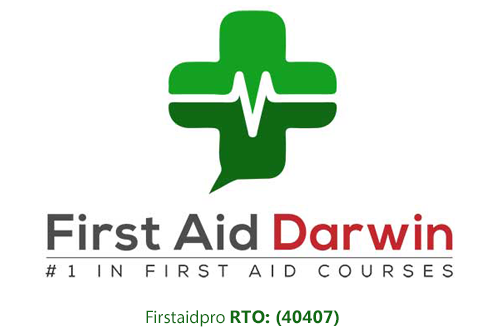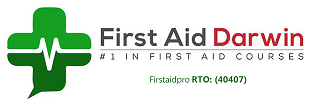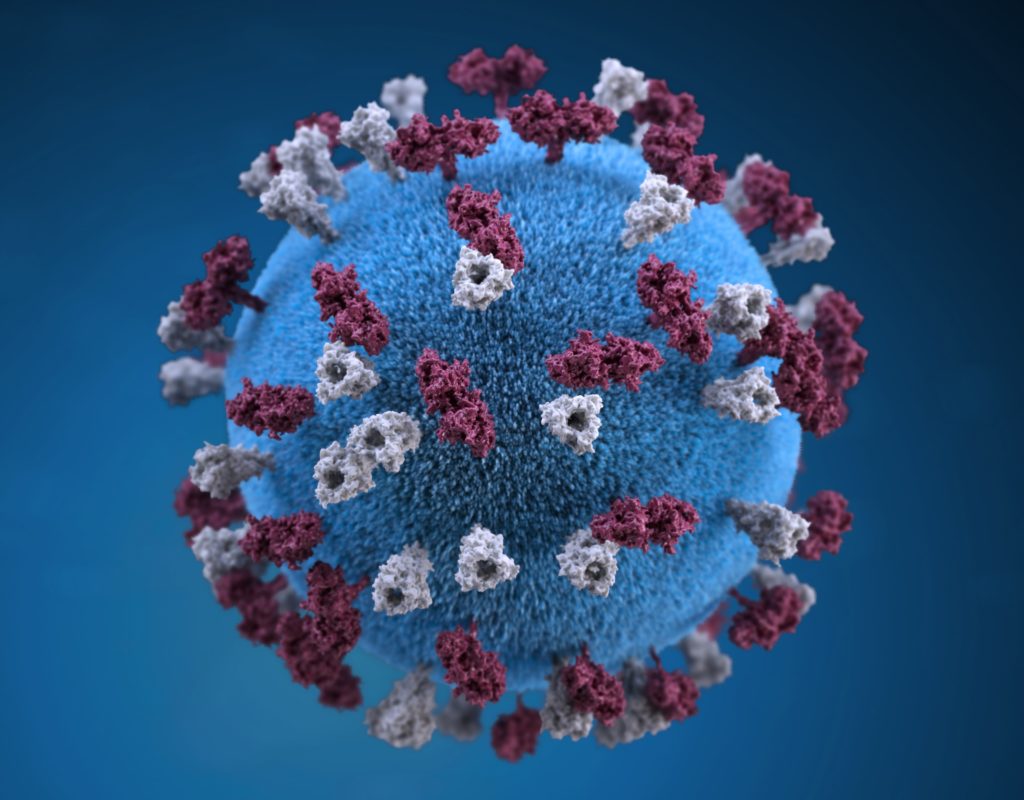Measles cases are increasing globally, with more than 429,000 confirmed cases worldwide. The WHO report indicates the regions with the highest cases of measles are Africa (900% increase), the Western Pacific (230% increase), and Europe (150%).
Australia’s popularity as a tourist destination attracts thousands of travellers every year. Due to the number of people arriving and departing the country, the constant threat of imported measles cases does not go away. In 2019, there were 286 cases of measles recorded. It was almost three times as many as in 2018 and has been the highest number recorded since 2014.
“National programs are important,” according to David Durrheim, Professor of Public Health Medicine at the University of Newcastle. “However, measles control cannot be achieved without effective local prevention and control measures.”
What is Measles?
Measles is a disease caused by a virus known for being highly infectious. It is more common in small children and is easily spread through coughing, sneezing, or sometimes kissing.
Once the virus enters the person’s system, it usually takes 10 to 12 days for the illness to develop. It is also referred to as the ‘incubation period’. However, it is not always the case – as the virus may sometimes take 21 days to cause symptoms.
A person is considered infected from the first day they contracted the virus until four days after the rash appears. Both children and adults should stay away from school, work, and outside exposure during these times. If you have not been vaccinated nor had measles before, it is best to get checked if you have been in contact with someone who has it. If there is no complication, the illness will usually clear up ten days after the appearance of the first symptoms.
The first symptoms of the measles virus are fever, a feeling of weakness, loss of appetite, red itchy eyes, runny nose, dry cough, and sore throat. If the condition becomes severe, the person may experience shortness of breath, sharp pain in the chest, coughing up blood, and throwing fits (convulsions).
Measles Prevention Tips
There are several things you can do to relieve measle symptoms and reduce the risk of spreading infection. These include:
- If a person suffers from a high temperature, make sure they drink plenty of fluids. High or almost fever temperature is an indication that a person is dehydrated. Drinking water with added honey and lemon may help reduce throat discomfort caused by coughing. It also helps to relax the airways, lessen mucus, and soothe a cough.
- Take over-the-counter medications such as paracetamol and ibuprofen to reduce fever and aching.
- Gently clean the eyes using damp cotton wool and dispose of it properly right after use. It also helps to keep curtains closed to reduce light sensitivity, making it easier for the eyes.
- Immunisation against measles is recommended as part of Australia’s National Immunisation Program. Vaccination through the MMR vaccine is the best and only way to prevent measles.
- If you have concerns or know someone who is showing signs and symptoms of measles, contact your GP or local hospital. Follow their medical advice and stay home as possible.
Remember, the measle virus does not discriminate, even among healthy individuals.
Knowledge is power. Check out our blogs to know more about measles and first aid for a wide range of emergencies.








